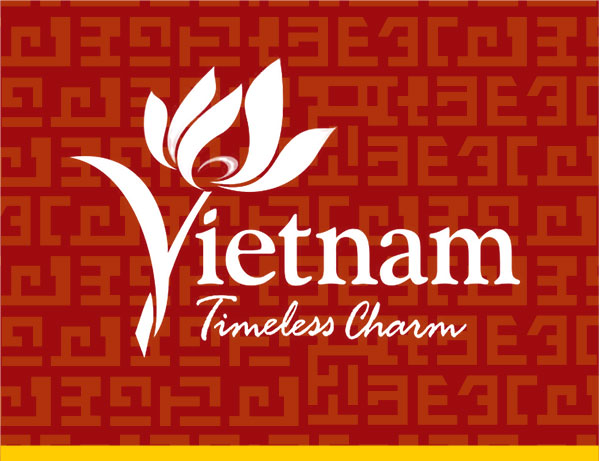Vietnam is a country in transition, steadily dismantling a monolithic centralised ‘command’ financial system completely made up of state monopolies protected by subsidies and tariff barriers.
Some industries have already been uncovered to the chilliness wind of competition. For instance, Vinacoal, the state firm exploiting the nation’s vast coal reserves, now competes efficiently in the open market following the elimination of subsidies. After a painful interval of restructuring, involving an enormous ‘shake-out’ of labour, exports are now buoyant.
Regular progress
The government has implemented a programme of ‘equalization’, a form of privatization akin to a management ‘buy-out’, and is encouraging different state firms to seek foreign funding by means of shareholding.
A small inventory market has been established in Ho Chi Minh City trading shares within a restricted band of price variation.
Progress in breaking apart the state monopolies is gradual for a number of causes, notably the reluctance of managers to lose the security of state management, the huge funding wanted to allow getting older industries to compete and an understandable government reluctance to exacerbate an already excessive fee of unemployment.
Financial stability
Progress has been high and fairly steady over the last decade, and inflation has been brought beneath control. The Vietnamese Dong is closed foreign money, pegged to the US dollar. The government has strongly resisted calls to float the Dong, but the State Bank is slowly implementing measures to free up the banking system in preparation for financial reform.
Controlling smuggling
Correct economic date is tough to obtain. The official determine of revenue per head, at present estimated at round $300 US, is nearly actually understated because of the intensive ‘moonlighting’, and a thriving black economy. Smuggling on a large scale, principally between Vietnam and China, distorts import and export figures. Knowledgeable guesswork means that between a quarter and a third of Vietnamese ‘imports’ may be getting into the country illegally throughout its long, porous border with its mighty neighbor.
The border police are working hard, and have had some notable successes, but the length and terrain of the border makes efficient management very difficult.
Labour-intensive agriculture
Vietnam continues to rely heavily upon agriculture. Most farming is at subsistence level and labour intensive – though 70% of the inhabitants nonetheless work in agriculture, the sector contributed solely 25% of GDP in 1999, down from 40% in 1991. Industrial development has averaged 13% over the identical period.
Optimistic indicators
GDP overall is rising quickly, from $23bn US in 1999 to $32bn US in 2001, and through the identical period GDP per capita rose from $300 US to $403 US, a 34% increase. At the similar time, inflation dropped from 4.3% to 2.4%.
Two main challenges
However, though speedy progress is undeniably elevating requirements of living in any respect levels, there’s mounting concern about wealth distribution. The revenue of the wealthiest sector of the inhabitants is now eight times larger than that of the poorest, and the hole is widening. Moreover, the velocity of development is outpacing regulatory measures and procedures, opening the best way for widespread corruption and fraud.
Optimistic measures
These two issues are most likely the best challenge to the persevering with success of ‘doi moi’. The government is properly aware of the size of the issue, and is working laborious to overtake the non-public and corporate tax construction and make revenue collection more efficient.
The complexity of the procedures has made massive-scale VAT fraud difficult to detect – they are being simplified. Every particular person civil servant, native authority official, supervisor of a state company and Party member is now obliged to make an annual declaration of his or her income and assets.
Seeking to the longer term
Vietnam is fully dedicated to ‘doi moi’ and the event of a socialist system. We have recently become members of the Asian free trade group, and are applying for to affix the WTO. We recognise that our transition won’t be straightforward: tariff limitations start to drop in 2004, and a few of our much less efficient industries will undergo badly. Nonetheless, we’re assured that we will overcome the challenges that face us now and in the subsequent few years.
